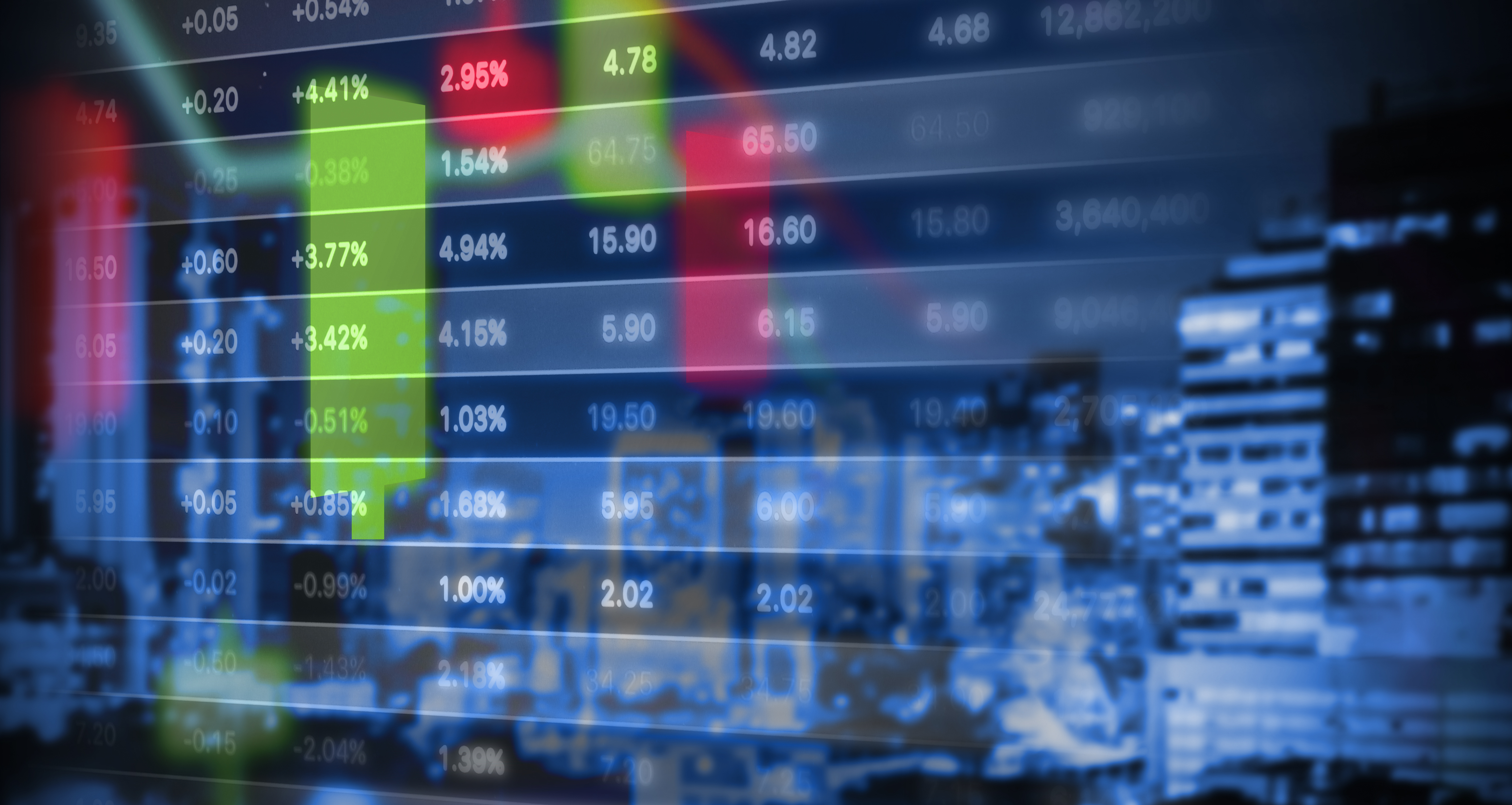Following the massive monetary and fiscal stimulus enacted last year, a question on many minds has been when inflation might begin to pick up. The Federal Reserve’s response to the economic recession triggered by the COVID-19 pandemic has included such measures as the lowering of interest rates and the direct purchase of bonds. Unlike during the 2008-2009 financial crises, however, these actions have resulted in a substantial increase in the M2 money supply – calling to mind economist Milton Friedman’s definition of inflation as “too many dollars chasing too few goods.â€
As the economy has recovered, inflation has indeed begun to pick up. Although the Federal Reserve says it expects the cause for recent inflationary pressure to be transitory, we expect this inflationary pressure to be longer-term in nature due to the very large increase in the M2 money supply. While we do not expect to see the double-digit inflation of the 1970’s, inflation in the mid-single-digits is a distinct possibility.
As the COVID-19 delta variant (and any future variants) continues to circle the globe, each nation will need to develop its own protocols for how to address future outbreaks and wrestle with weighing the total costs of pandemics, both direct and indirect. We expect economic growth around the world to have a general upward trend, with many fits and starts, depending on each nation. Those nations that follow a more containment-oriented approach – a cycle of opening, closing, and re-opening – may find economic growth to be more volatile, but also generally upward.
Another longer-term issue that nations will need to address is their level of dependency with trading partners for “critical†supplies. While free and open trade among nations is generally a positive force that enables each nation to maximize its productivity, countries also need to determine policies and allocate resources that will enable them to better contend with new crises. We anticipate that some level of economic redundancy and robustness will be developed around the world.
Another developing trend in light of loosening COVID-19 restrictions concerns the changing workplace. The speed at which many companies transitioned from having an on-site workforce to most people working remotely was astounding. Now that localities are reopening, many employers are re-assessing their work-from-home policies. Early indications are that many have found the lack of a commute and flexibility of a work-from-home set-up to be very attractive, and many employers are adopting some form of a hybrid model. What this new work model will mean in terms of technology, capital equipment, office space and transportation needs remains to be fully seen, but as we adapt to a new work environment, REDW Wealth remains fully committed to the financial well-being of our clients.
Please reach out to your relationship manager to discuss any concerns or changes in your financial picture. As of this writing, both our Albuquerque and Phoenix offices are open to in-person visits, with mask-wearing optional – though we have become adept at serving your needs remotely, as well!
Copyright 2021 REDW Wealth, LLC. All Rights Reserved. This publication is intended for general informational purposes only and should not be construed as investment, financial, tax, or legal advice.





